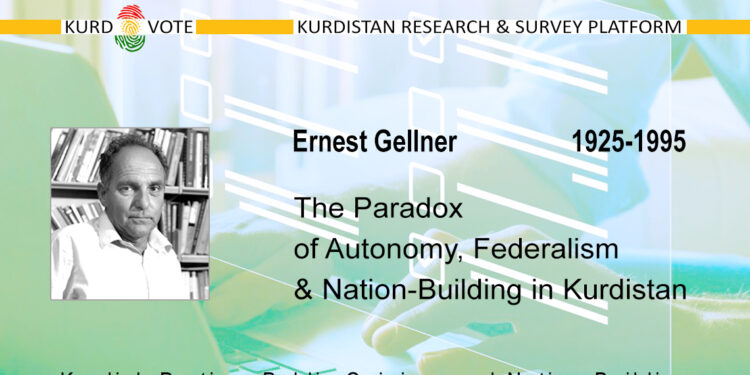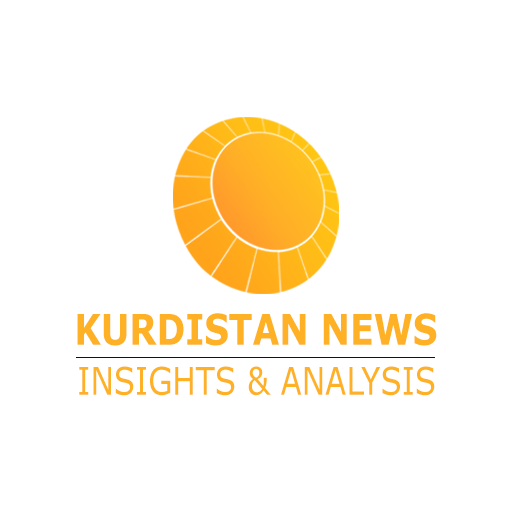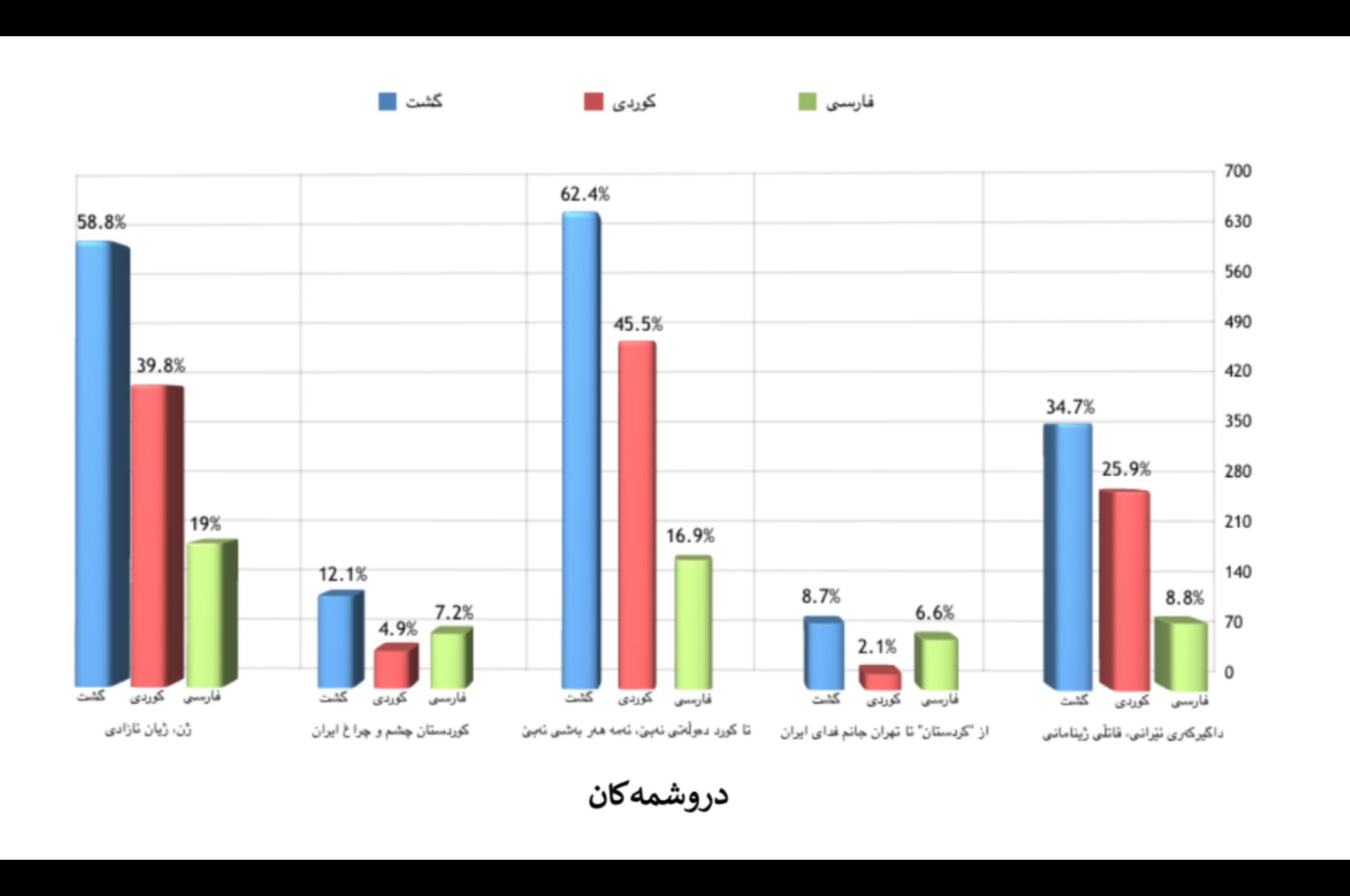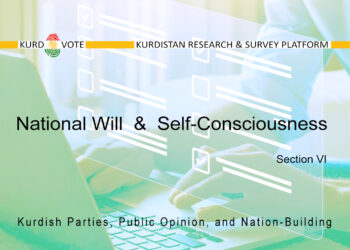Ernest Gellner – The Paradox of Autonomy, Federalism & Nation-Building in Kurdistan
Ernest Gellner, a leading modernist theorist of nationalism, argued in his classic work Nations and Nationalism (1983) that nations are not primordial or natural entities but rather products of structural transformations brought about by modernity. In his view, industrial society requires a standardized language, mass education, and a homogenized culture in order to reproduce itself. Nationalism, within this framework, is the ideological project that elevates this standardized culture into the foundation of political legitimacy and the modern nation-state.
According to this theoretical paradigm, nation-building without institutional and political independence is neither complete nor sustainable. Kurdistan, occupied by four states for more than a century, exemplifies this condition: occupying structures have systematically obstructed the trajectory of nation-building. Within this context, concepts such as autonomy or federalism are often introduced as alternatives to independence. While these models are frequently portrayed in global political discourse as mechanisms for managing ethnic diversity and distributing power, in the context of occupied Kurdistan they embody a fundamental paradox. They may seemingly strengthen local and cultural institutions, yet in practice they reproduce dependent modernization—a process that suspends nation-building and sustains the authority of occupying powers.
Historical experiences strongly illustrate this paradox. In numerous African colonies, European powers established local councils or limited federal structures before their withdrawal. Yet these institutions functioned primarily as instruments for managing resistance and stabilizing colonial order rather than as vehicles of genuine nation-building. Similarly, in British India, forms of limited local self-governance were introduced, but these arrangements never facilitated independent nation-building; instead, they perpetuated imperial authority. Only with full independence did the structural conditions for modern nation-building emerge.
From this perspective, the lesson for Kurdistan is unambiguous: independence is not merely a political aspiration but a structural necessity for sustainable nation-building. Autonomy and federalism, while functional within consolidated states, cannot under conditions of occupation provide the institutional and cultural foundations of a sovereign nation. Instead, they operate as mechanisms of suspension and political management, deferring the realization of genuine independence.














